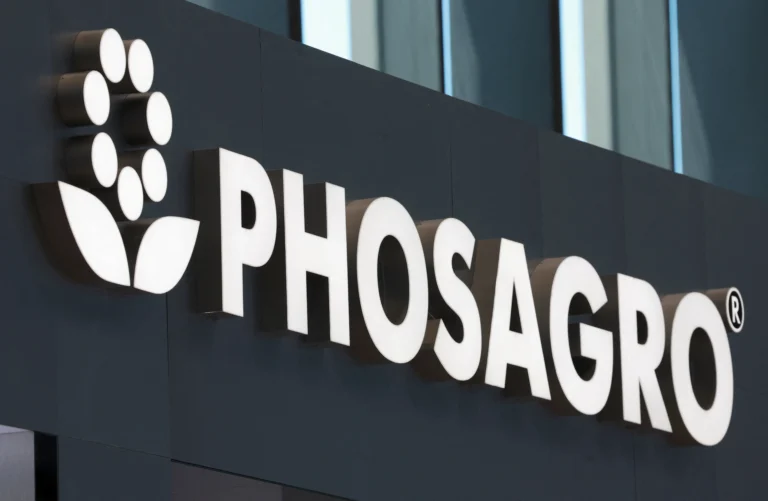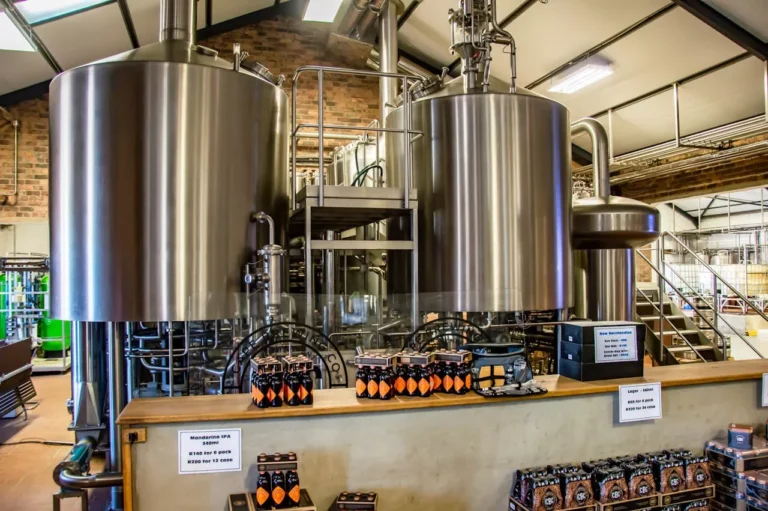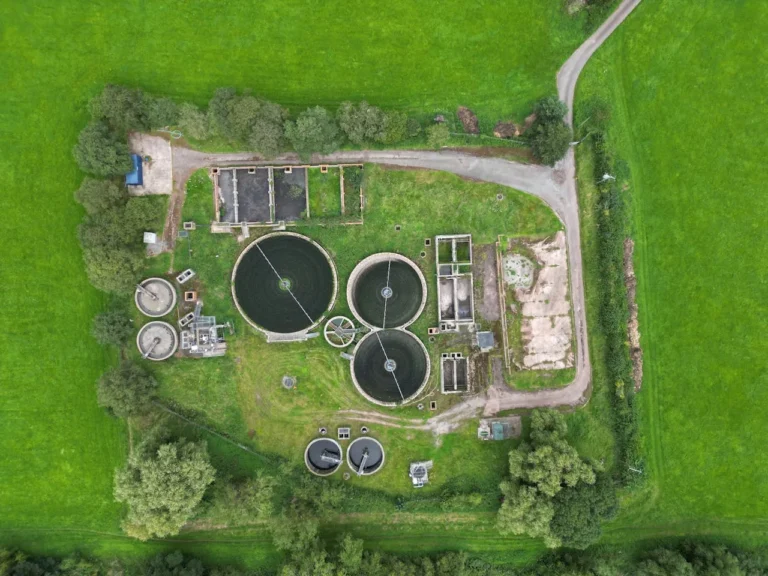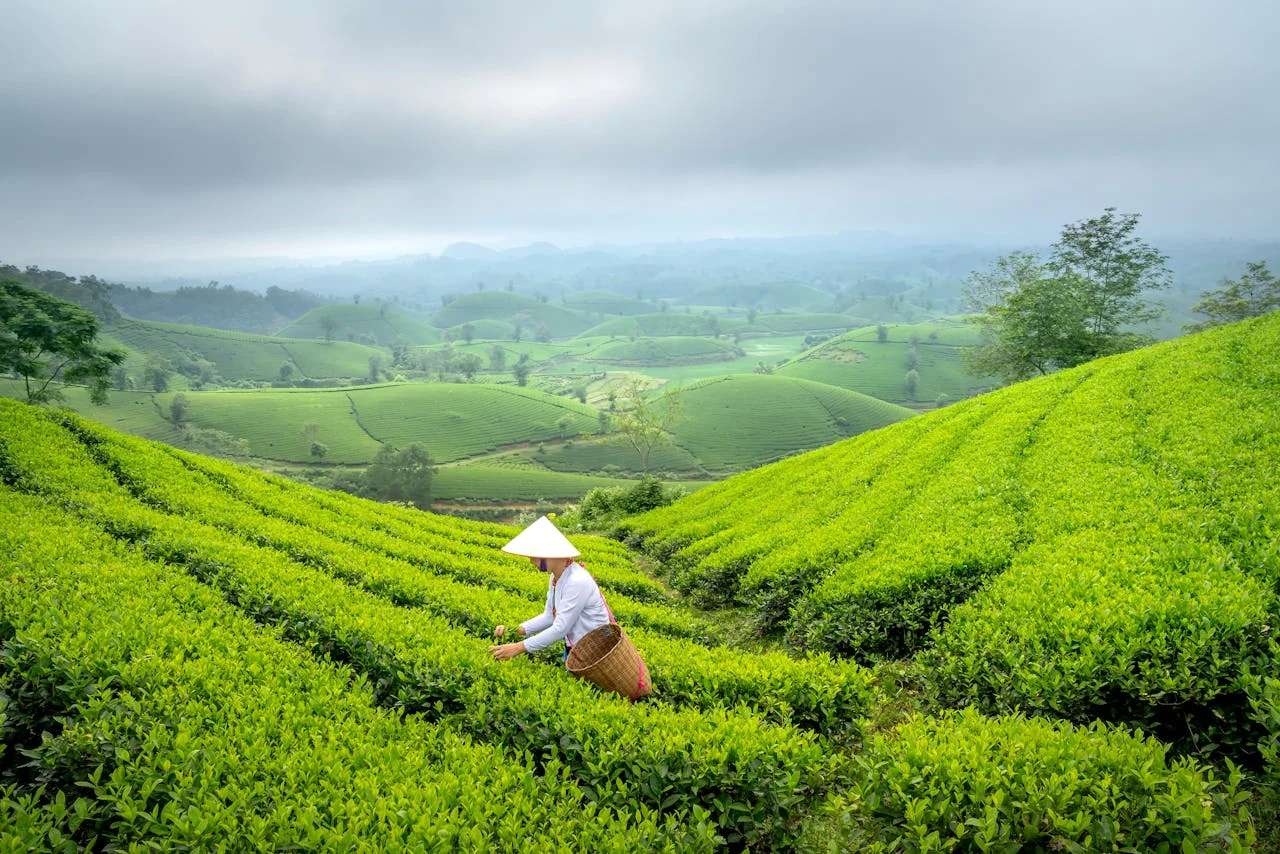
Kirin & Rainforest Alliance Boost Sri Lankan Tea Sustainability
Kirin Holdings Company, Ltd. (Kirin Holdings) (TOKYO: 2503) and Kirin Beverage Company, Ltd. (Kirin Beverage) have entered into a strategic collaboration with the Rainforest Alliance to drive the transition to regenerative agriculture. This collaboration has led to the development of the Regenerative Tea Scorecard, a tool designed to support tea plantations in adopting sustainable and environmentally friendly farming practices. Initiated in October 2023, this project is expected to launch in December 2024 and aims to be fully operational in Sri Lanka by the end of 2025. The implementation will cover one large tea plantation and 30 small tea plantations in the region, reinforcing Kirin’s commitment to sustainable sourcing and environmental stewardship.
Regenerative agriculture is an approach that focuses on protecting and restoring the environment through agricultural activities. The Regenerative Tea Scorecard is designed as a voluntary and user-friendly tool tailored for tea farmers, allowing them to assess their current farming practices, identify areas for improvement, and transition to regenerative agriculture. It integrates principles outlined by the Rainforest Alliance, emphasizing soil health, biodiversity conservation, ecosystem restoration, and the protection of farmers’ livelihoods. Through this scorecard, tea farmers will gain practical insights into optimizing their land management while contributing to long-term sustainability.
Sri Lanka plays a pivotal role in Kirin Beverage’s tea supply chain, as it is the primary source of tea leaves for Kirin Afternoon Tea. Approximately 40% of the black tea imported into Japan originates from Sri Lanka, with about 20% of that quantity used in Kirin’s tea products. Recognizing the importance of sustainable tea farming, Kirin Group has been supporting the Rainforest Alliance Certification program since 2013. This initiative has facilitated stronger partnerships with Sri Lankan tea-growing communities, improved working conditions, and ensured the production of high-quality, safe, and sustainable tea.
By the end of 2023, 94 large tea estates in Sri Lanka had obtained Rainforest Alliance Certification, representing about 30% of the country’s total large tea estates. In an effort to further strengthen sustainability efforts, Kirin Beverage introduced the 250ml LL Slim Kirin Afternoon Black Tea Pure Tea in 2021. This product is made entirely from Sri Lankan tea leaves, over 90% of which are Rainforest Alliance certified. This initiative underscores Kirin’s commitment to sustainability by ensuring that the raw materials used in its products align with environmentally responsible practices.
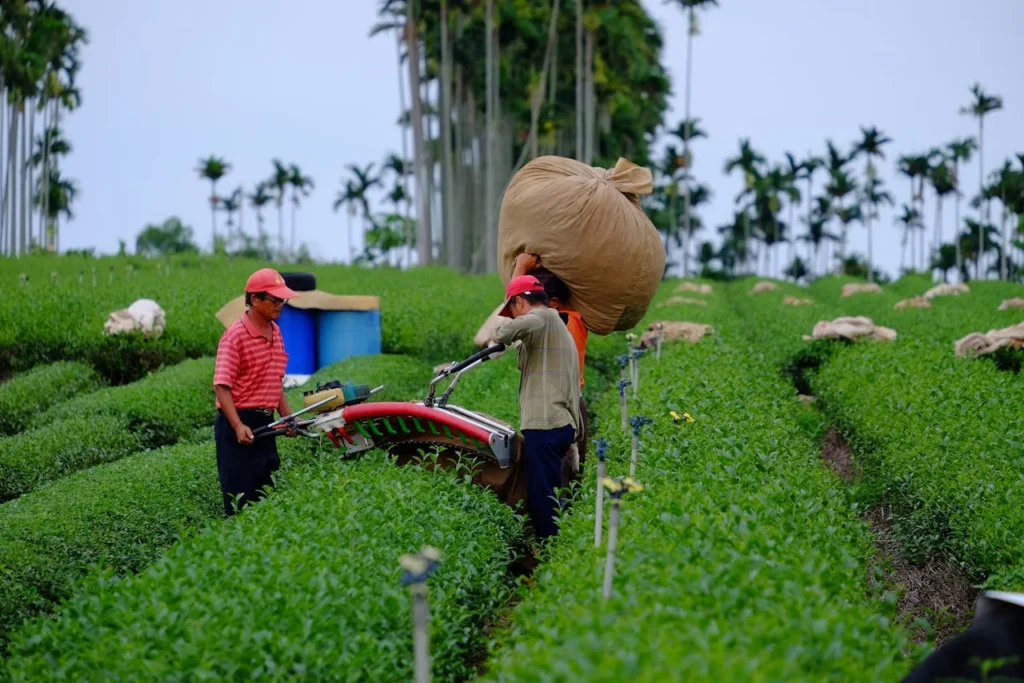
However, Sri Lankan tea plantations face significant challenges, including the impacts of climate change, unpredictable weather patterns such as droughts and heavy rainfall, and urbanization-driven land use changes. To address these pressing concerns, Kirin Group has taken proactive steps toward greater transparency in environmental sustainability reporting. In its 2022 Environmental Report, released in July 2022, Kirin became a pioneer in disclosing natural capital assessments related to Sri Lanka’s tea plantations, using the LEAP approach developed by the Taskforce on Nature-related Financial Disclosures (TNFD).
Further advancing this initiative, the 2023 Environmental Report, published in July 2023, mapped and assessed Sri Lankan tea plantations by analyzing dependencies on nature and identifying environmental impact points. The upcoming 2024 Environmental Report, set to be released in June 2024, will include a comprehensive Risk and Opportunity Assessment, alongside a strategic roadmap for the future. Kirin’s detailed analyses indicate that Rainforest Alliance certification training and transitioning to regenerative agriculture are effective strategies to mitigate environmental challenges. However, a notable gap remains, as not all small-scale tea estates have achieved certification.
To bridge this gap, Kirin Group is collaborating with the Rainforest Alliance to develop and implement the Regenerative Tea Scorecard. The primary objective of this initiative is to enhance the sustainability capabilities of farmers, particularly those in smaller tea estates. By providing a structured framework for sustainable farming practices, the scorecard will help farmers adopt methods that promote soil regeneration, improve water management, and enhance biodiversity. The initiative also seeks to empower local farmers with knowledge and resources to mitigate climate risks and increase resilience against environmental changes.
Through this strategic partnership, Kirin Group aims to foster a sustainable tea industry that benefits both the environment and the livelihoods of tea farmers. The Regenerative Tea Scorecard is expected to serve as a transformative tool, encouraging more tea estates to embrace environmentally regenerative farming practices. By integrating sustainability into its supply chain, Kirin reinforces its commitment to responsible sourcing and the long-term viability of tea production in Sri Lanka.
Kirin’s efforts reflect a broader industry trend toward sustainability, as consumers increasingly demand ethically sourced and environmentally friendly products. By leading the charge in regenerative agriculture for tea production, Kirin not only strengthens its corporate social responsibility initiatives but also sets a precedent for other beverage companies to follow. The successful implementation of the Regenerative Tea Scorecard could serve as a model for similar sustainability initiatives in the agricultural sector, demonstrating the tangible benefits of regenerative practices on both a local and global scale.
In conclusion, Kirin Holdings and Kirin Beverage’s partnership with the Rainforest Alliance represents a significant step toward sustainable tea production. By developing the Regenerative Tea Scorecard, they are equipping tea farmers with essential tools to transition to more sustainable farming practices. This initiative, coupled with ongoing certification efforts and transparent environmental reporting, highlights Kirin’s dedication to responsible sourcing and ecological conservation. As the program expands, it has the potential to reshape the tea industry’s sustainability landscape, ensuring a more resilient and environmentally conscious future for tea farming in Sri Lanka and beyond.


